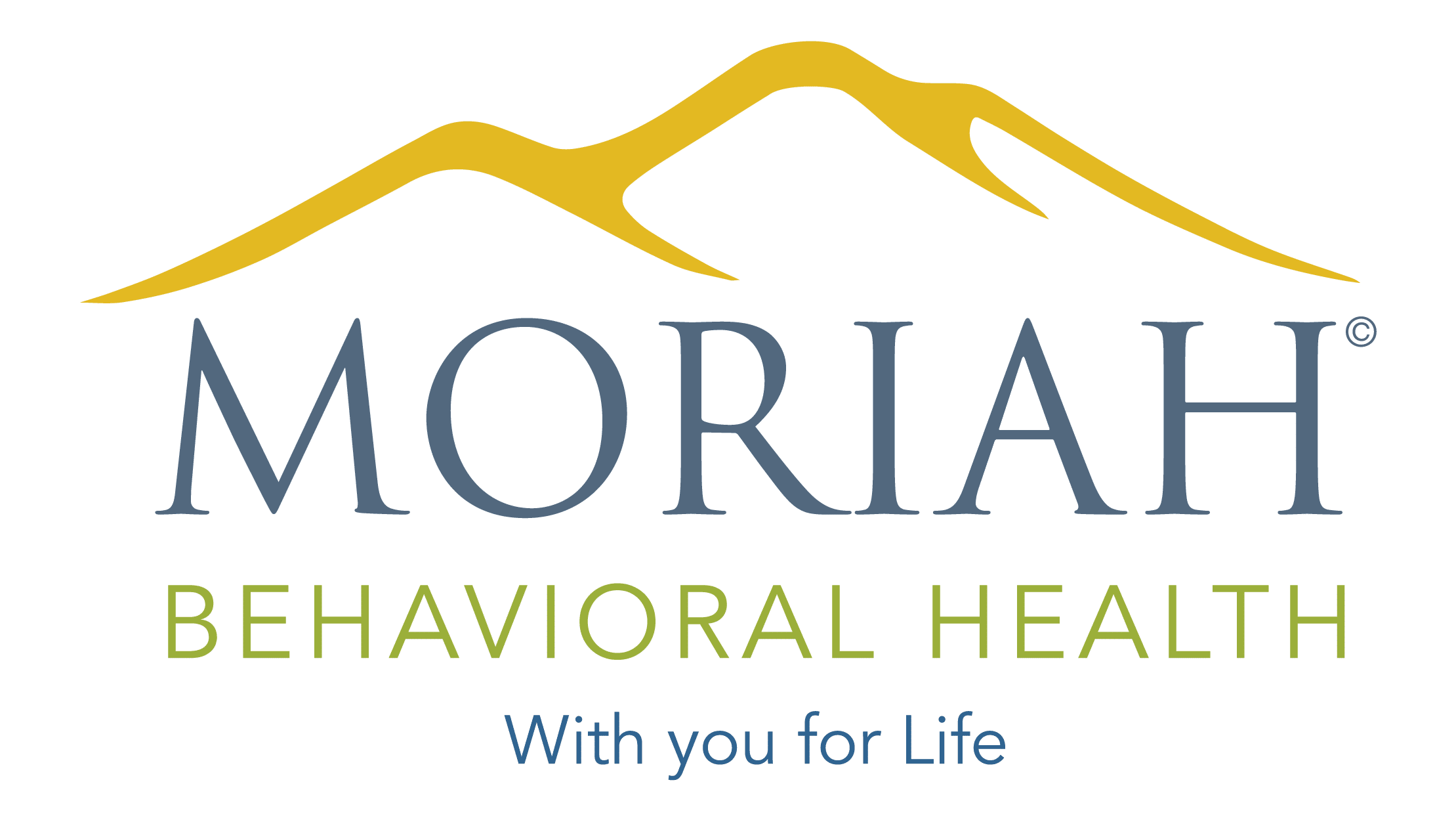As a parent, however, you don’t want to ignore teenage disorders. Depression on its own can be horrific for teenagers and adults to go through alone, never mind the fact that depression can often be a symptom of something larger. Teenage personality disorders symptoms vary, for example, and depression can be on the top of the list of borderline personality disorder teenager symptoms on top of severe anxiety, paranoia, rage, and so much more.
That is why parents need to understand mental illness and what treatments are available. Understanding how antidepressants and the teenage brain work is a great place to start:
How Does Depression Work?
There is a big difference between being sad and being depressed, which is where a huge part of the stigma comes from. People commonly exaggerate when they are going through a hard time, but make no mistake, clinically diagnosed depression is a severe issue, and it is not your fault. There are many different causes of depression as well, and causes can range from environmental stimulus to genetics.
A person who has been abused will suffer from depression. A teenager who takes a particular medication for their acne can also develop depression. Depression can even occur due to a chemical imbalance in the brain, which is what anti-depressants work to correct.
How Do Anti-Depressants Work?
Anti-depressants are a class of drug that is used in the treatment of depression. They work primarily by balancing out the chemicals in your brain. Anti-depressants are prescribed to adults and teenagers alike and can be very effective in treating mental disorders in teens. They are not, however, the only solution. Don’t pin all your hopes on anti-depressants. Depression and other mental illnesses do not have a one-size-fits-all solution. Help your teen understand it is just one option to help them feel better but not to feel pressured if it doesn’t work right away or at all.
The reason why anti-depressants are often one of the first go-to solutions is because it helps jump-start the healing process. It boosts moods, energy, and improves appetite and even the patient’s quality of sleep. It can take up to a month to fully see the results, and if there is no change, a different anti-depressant may be in order.
It is also important to note there are side effects. Most of these will balance out over time, but in some people, they will persist. Headaches, nausea, and weight gain are some of the most common.
What Other Treatments for Depression Are There?
Anti-depressants work best when combined with other therapies. Psychotherapy, behavior therapy, and many other types of therapy work wonders to help your teen understand what is happening and give them the holistic tools to fight their depression without the use of anti-depressants. This gives them the internal strength to stand on their own, which is why our treatment centers focus on all types of therapies so that your teen can find the combination of medical and emotional therapy that works for them.

